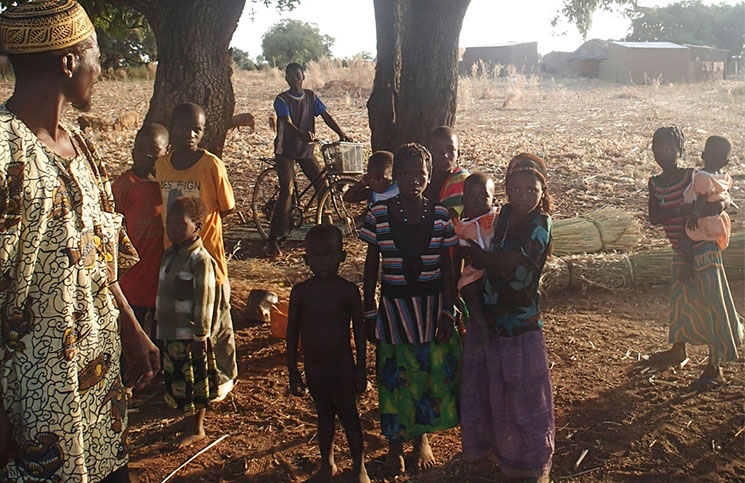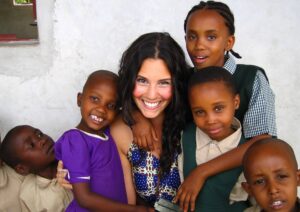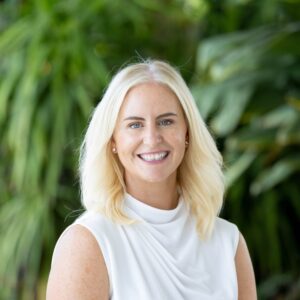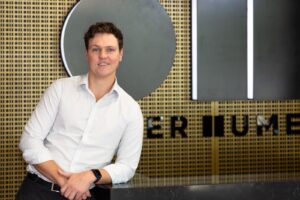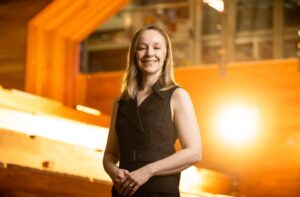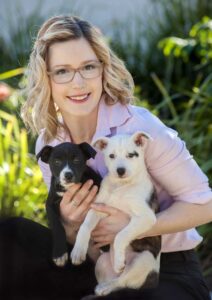Kate Bennett found herself walking through a small village of thatched houses in a remote region of Burkina Faso, a landlocked country in West Africa.
The problem was the village wasn’t supposed to be there.
The mining company she was advising was completely unaware that people were living on their proposed mine site.
“As I walked through the community and saw the evidence of where preliminary drilling had taken place I was confused,” Kate said. “So I asked the mining representative why they said that the project would not require resettlement.
“They said: “That’s the problem with Google Earth. It doesn’t show thatched roofs all that well”.
Kate said she was shocked that the company had plans to develop a mine on the land and had already conducted preliminary drilling. Yet, no one had visited the site to evaluate the social context and proximity to local communities.
It wasn’t the first or last time Kate would witness scenes like this during resource projects across Africa and Latin America.
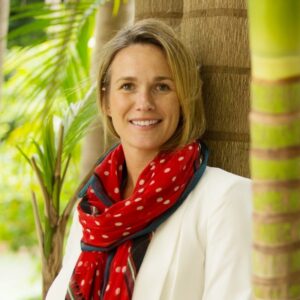
The disconnect between corporate decision-making and site-based realities drove Kate to study a Master of Business Administration (MBA) at The University of Queensland.
“I chose a career in mining because I’d studied the negative impacts of the resource curse on sustainable development in these regions. I was determined to ensure local communities would no longer suffer, but finally benefit, from the world’s growing demand for resources,” Kate said.
“But it’s clear we still have a long way to go.”
Kate combined an ability to speak French and Spanish with a genuine interest in the long-term empowerment and wellbeing of local communities.
“I almost felt like it was my duty to bridge that gap – to translate and present the voice of local communities to these executives in a language they would understand,” she said.
“But to do that effectively, I needed to speak ‘C-Suite’.
“The UQ MBA gave me more confidence in myself and my ability to communicate sustainability concepts in a language that would resonate with different executives based on their mandates and objectives. It was a game-changer.
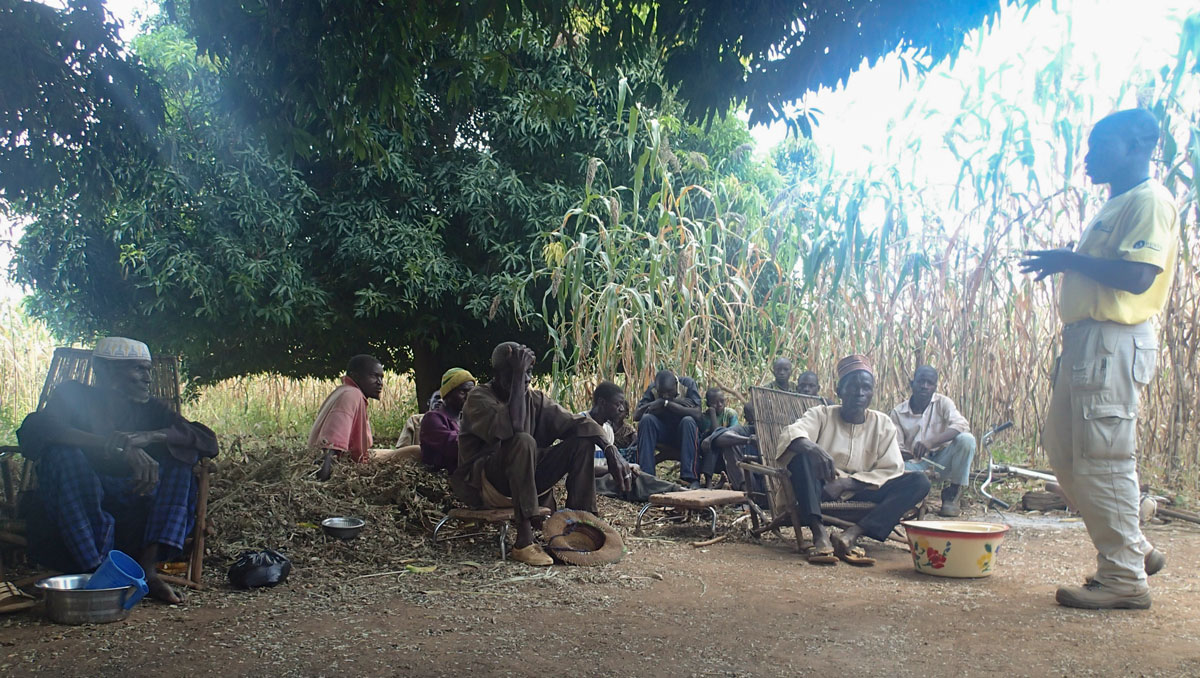
“I felt like I finally had the tools to effectively promote and implement systemic improvements that would support companies operating in regions like Africa and Latin America to better understand, optimise, manage and mitigate the social and environmental impact of their activities.”
UQ MBA As A Powerful Tool For Change
The UQ MBA is designed to broaden critical thinking abilities, creativity and agility so students and graduates can respond to an ever-changing business landscape.
“UQ was a godsend,” Kate said.
“I had started my MBA in Sydney, but the flexibility of the UQ program with a mix of different intensive, weekend and night options allowed me to structure my study around work commitments so I could complete it sooner.
Register now for the UQ MBA Information Event and taster experience on 21 April or 6 May.
“I wanted the MBA learnings right then and there, so I could get out and apply them to make the change in the resource industry.”
According to Kate, the diverse discussion and debates with her MBA peers also added to her learning, a testament to the fact the UQ MBA is the number one program for student quality in the world as voted by The Economist’s 2021 international rankings.
The UQ MBA is also the highest-rated program in Queensland, and in the top 50 worldwide in the same rankings.
A Lesson In Self-Belief and Success
While applying her MBA learnings in communities across Africa and South America, Kate realised the importance of embracing ‘small wins’.
“If I can get one company to understand the importance of stakeholder engagement and the benefits of having regular consultation with the community, that’s creating an impact,” she said.
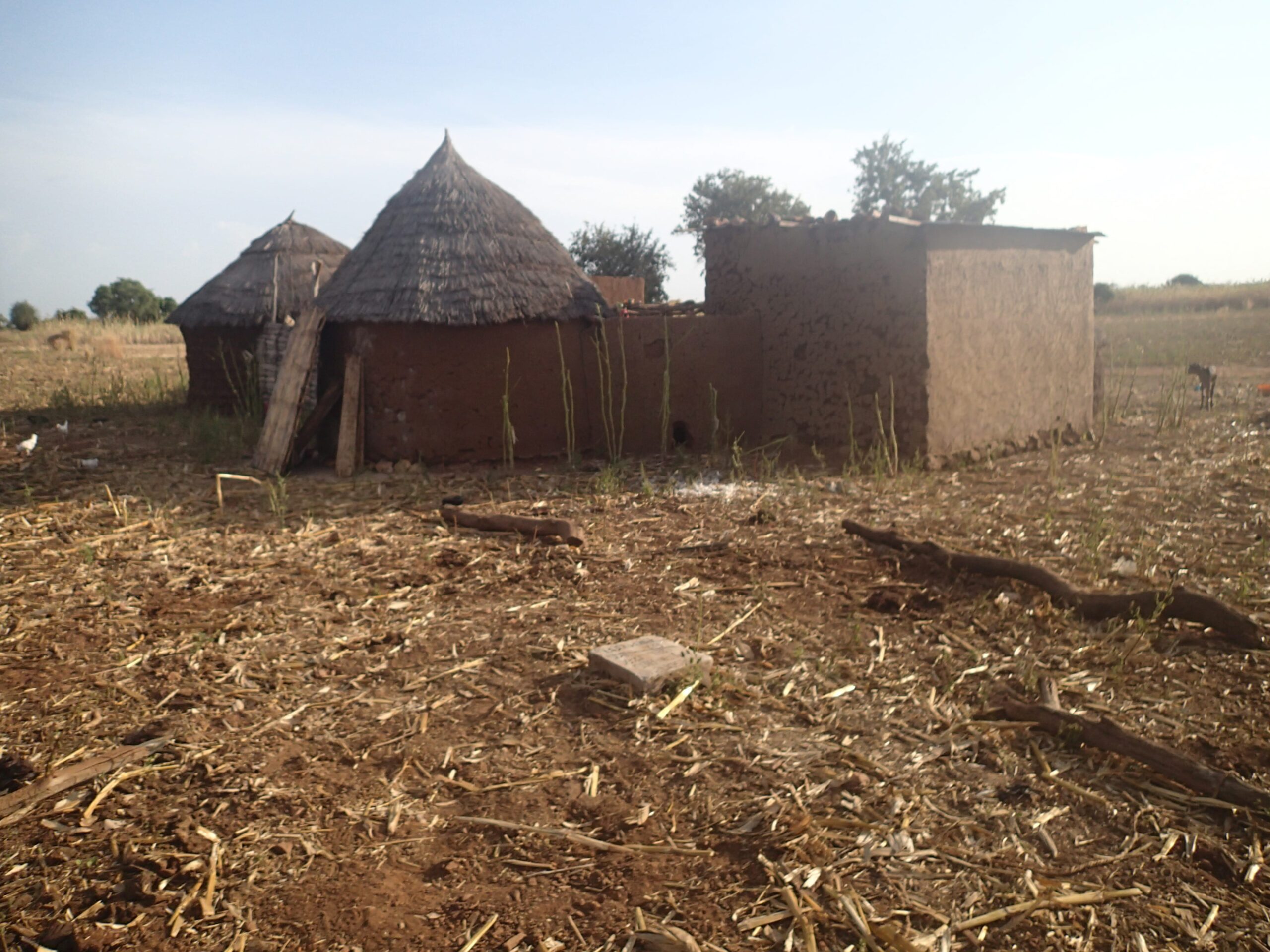
“Putting in place a system that a company is required to follow or ensuring a certain process is done more effectively, responsibly and humanely, that’s creating an impact.
“The UQ MBA gave me the toolset to put my passion into practice and implement corporate systems to help local communities grow and develop sustainably.”
Given the cultural differences across diverse operating regions and competing commercial interests, difficult scenarios are common in Kate’s line of work.
“Sometimes you end up dealing with executives who just don’t understand sustainability, who aren’t interested, who don’t want to do it or who feel like you are encroaching on their space,” she said.
“My UQ MBA helped me stand strong and confident in those situations and find whatever angle or small win I could find.
“I’d completed an MBA from one of the leading institutions in Australia and made the Dean’s Honour Roll, so I knew my insights were worth something.
“The MBA gave me the courage to change the things I can change, the wisdom to identify and accept the things I cannot change, and the flexibility to adapt and apply my skills wherever they can have the most impact.”
Pandemic Causes Career Upheaval
Kate was based in Argentina as Chief Sustainability Officer with a lithium mining company when the Covid pandemic hit, and managed to make it onto the last flight back to Australia before Argentina’s strict quarantine period came into force.
She continued on for several months in the role, managing her Argentine-based team remotely, but when it became clear that there was no likelihood of returning to Argentina in the near future, she stepped down.
She said an amazing opportunity presented itself as Chief Impact Officer with EarthTech, an impact-led organisation just down the road from her home on the Sunshine Coast.
“These guys are tackling one of the biggest systemic impediments to sustainable development globally, from right here on the Sunshine Coast,” she said.
EarthTech is working to channel investment to impact-led ventures who cannot access or qualify for the capital they need due to inherent hurdles and limitations in the established financial market mechanisms.
Kate provides impact guidance and advice to EarthTech, supporting them to connect tech-enabled, purpose-led ventures of all shapes and sizes with impact investors, philanthropists and other funding partners globally.
“The UQ MBA has enabled me to confidently transition across geographies, industries and sectors and to continue identifying opportunities to generate systemic change and positive impact on the world – even in the most challenging of times,” Kate said.
To find out more about the UQ MBA, register now for a UQ MBA Information Event and taster experience on 21 April or 6 May. Applications close 31 May 2021.

